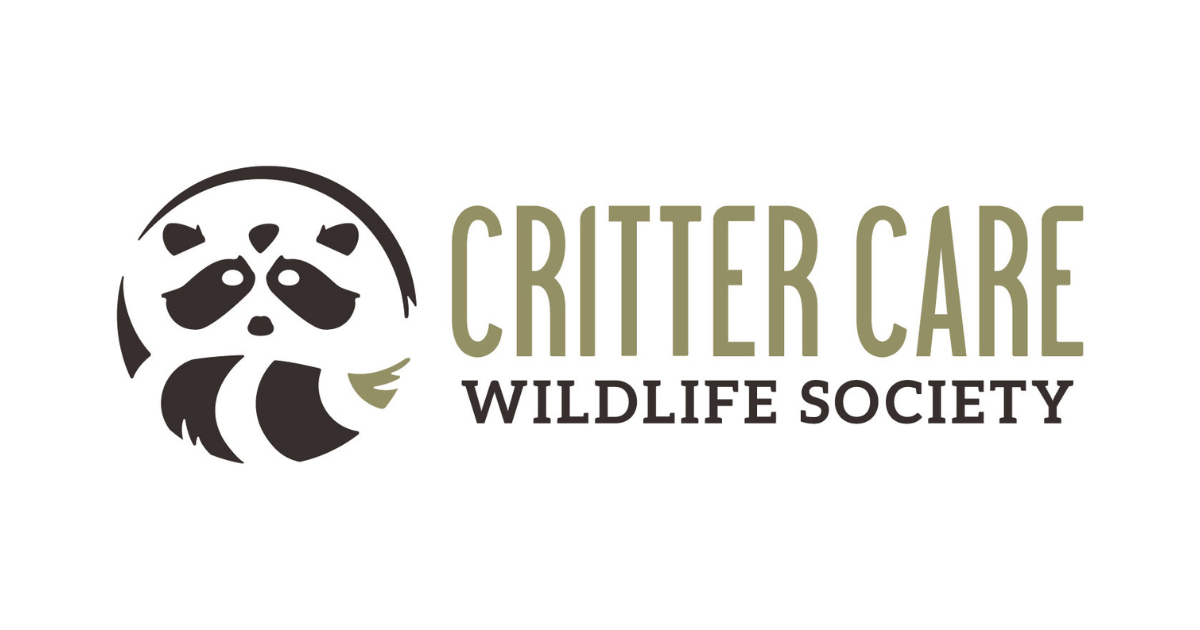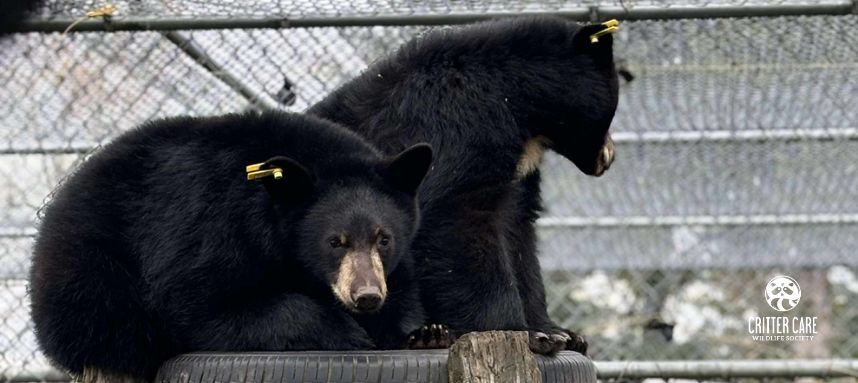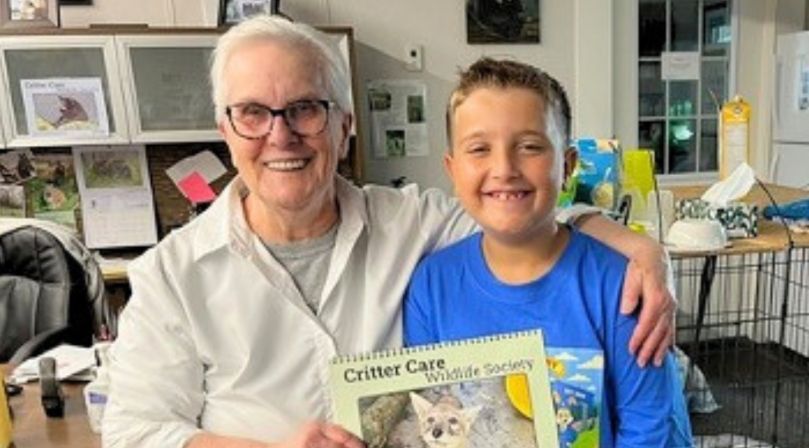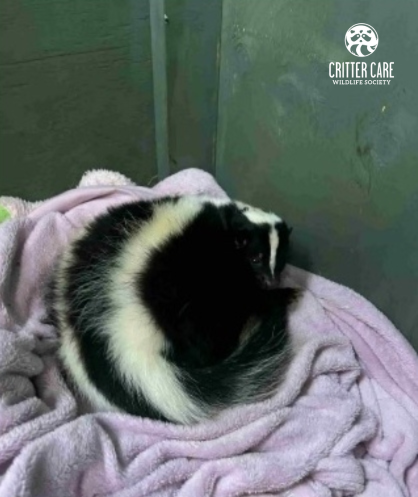Behind the Scenes at Critter Care: Annick Shares Her Wildlife Internship Experience
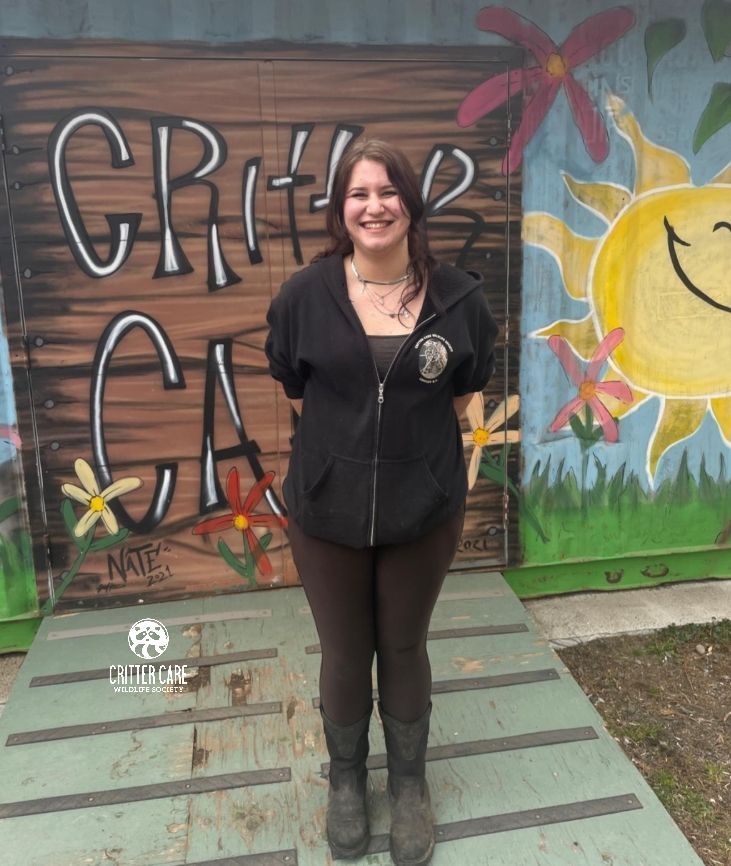
When Annick first travelled from her home in the Netherlands to Critter Care Wildlife Society three years ago, she didn't expect to find something she loved so deeply. Initially, she came to complete a school internship but soon discovered a passion for wildlife rehabilitation that drew her back again. Now, Annick is here once more, working closely with animals and learning important life lessons along the way.
Rod: Annick, where are you from?
Annick: I'm from the Netherlands.
Rod: What made you want to come to Critter Care Wildlife Society?
Annick: Three years ago, I came here for a school internship. I stayed two months,
and I loved it so much. After I left, I really missed Critter Care, especially working with raccoons. So, I decided to come back.
Rod: So, you felt homesick for Critter Care?
Annick: Yes! It really felt like home here.
Rod: What did you study in school—zoology?
Annick: No, I studied Animal Health Management. It was mostly about pets. Back home, we don’t have many chances to work with wild animals. Coming here opened my eyes, and I knew right away this was what I wanted to do.
Rod: Have you thought about your future career yet?
Annick: I've always wanted to work with animals, but at home, it was mostly pets. Coming here and working with wildlife made me realize this is exactly what I love. I hope someday I can work here permanently or somewhere similar.
Rod: That sounds great. What does a typical day look like for you now? Are you looking after any specific animals?
Annick: Yes, I'm helping care for a cage of raccoons and two opossums right now.
Rod: How are they doing?
Annick: They're doing really well, growing and healthy.
Rod: What tasks do you enjoy, and what tasks do you find hard?
Annick: I like that every day is different. There's always something new to do. Being close to the animals and watching them get better is what I enjoy most. The changing schedule keeps things interesting.
Rod: Is there anything about the job that's physically or emotionally hard for you?
Annick: Right now, it's okay, but when I was here three years ago during baby season, it was tough because we didn't get enough sleep. It's also really hard emotionally when animals get sick or don't survive.
Rod: Thinking about your last visit, was there any animal that was special to you?
Annick: Yes, three years ago, I took care of a baby bear. He came in very small, and we had to bottle-feed him. Watching him grow into a big, strong bear was the best part of my experience.
Rod: Were there any unexpected challenges you faced?
Annick: Managing life with so many people around can be tough. Last time there were about 15 interns, but now there are 23. It's crowded and sometimes hard to find personal space, but it's also fun because you make good friends.
Rod: What have you learned about yourself during your time here?
Annick: I've learned a lot about dealing with difficult feelings, especially sadness when animals don't make it. Three years ago, we had a serious illness called parvo, which was really hard emotionally. That taught me a lot about myself and how to cope with tough times.
Rod: How do you deal with the sadness when an animal doesn't survive?
Annick: At first, you blame yourself, but you have to remember you did your best. It really helps to talk to others here because they understand what you’re feeling. Sharing these experiences creates strong friendships.
Rod: How has this experience shaped what you want to do in your career?
Annick: It made me realize I want to work with wild animals. I like pets too, but there's something special about helping wildlife become strong and free again. Seeing animals return to the wild makes me happy.
Rod: What advice would you give someone thinking about doing an internship here?
Annick: Bring good shoes! During my first internship, I wore out four pairs because you're on your feet all day. Good socks help too. And get sleep whenever you can, especially in baby season. It's tiring but very rewarding.
Rod: If you could tell yourself one thing before starting this internship, what would it be?
Annick: Definitely get better shoes!
Rod: Finally, how do you think your work—and Critter Care overall—helps wildlife?
Annick: Critter Care does a wonderful job. We release many animals back into nature, and everyone here cares deeply about wildlife. It's wonderful to be part of a team that makes such a big difference.
Rod: Absolutely. Thanks very much, Annick!
Annick: Thank you!
If you'd like to become an intern like Annick, read more here.
Critter Care's annual 50/50 raffle is on now.
Click here now to buy your tickets and support the critters!
Critter Care Wildlife Society News
Sign up to get inspiring stories of rescue,
rehabilitation and release from Critter Care
Be the first to receive our newsletter, new blog posts, and updates
about our most critical needs and community news.
